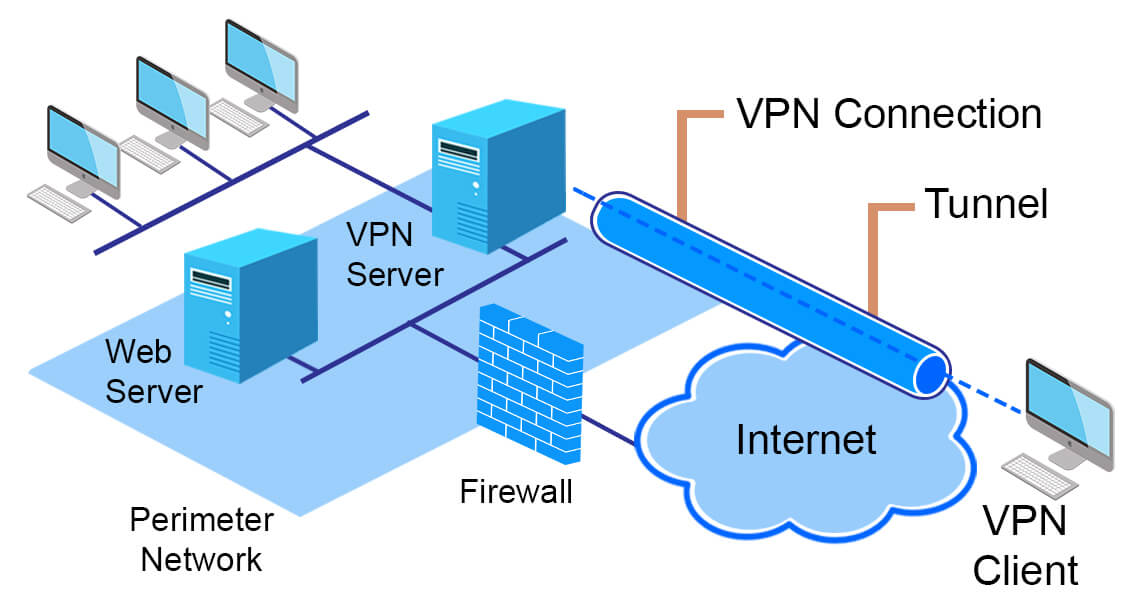

You can learn more about those in our guide on preventing hacking attempts using a VPN. Some of those are – man-in-the-middle attacks, malicious online ads, clickjacking, DNS spoofing, DDoS attacks, and malicious phishing attempts. You would be surprised by the number of hacking techniques that VPNs can prevent. It also makes it much harder for malicious actors to reach your device, which often happens on public Wi-Fi networks. As your personal data is put through a secure tunnel, that doesn’t only block digital trackers. Certain Forms of Hacking AttemptsĪnd finally, a capable VPN protects you from hacking attempts. This trick has been used by millions worldwide when booking flights, hotels, and ordering more expensive items. That will make it impossible for online stores to generate a profile that will help them adjust their prices. Thanks to a VPN, you can hide your IP address along with plenty of other personal information. That’s how you can see prices that might be higher than usual. Even legitimate online stores read your IP address and check your purchase history. Still, even if you’re very careful about where you shop online, there are some other things to keep in mind. Those are all valid reasons to hide behind a VPN service.

There are also e-commerce scam networks, typically spread over a number of websites trying to steal your credit card info. That's the reason why hackers frequently attack e-commerce firms. However, that is even more prominent on e-commerce websites since they deal with your financial information. Exorbitant PricingĪs explained above, your privacy and your personal data are under constant threat on the Web. As you’ll see, not much will leave the private layer of your VPN session, which is always a good thing to know. To learn more about the interaction between your ISP and your VPN, check our article on the kinds of data your ISP can see while you’re using a VPN. This won’t stop data logging completely, but keep in mind that anything your ISP collects will be unusable as your data will be scrambled. That’s why it’s said that VPNs can hide your browsing history from your VPN. Since they reroute your Internet traffic (while encrypting it along the way), your ISP won’t know what you do online. We’re sure you don’t want someone looking over your shoulder at all times, which is one reason why VPNs have become essential to use. Therefore, everything you do online will be recorded, which is an apparent intrusion of your privacy. And on top of that, many ISPs aren’t afraid to delve into data logging for other purposes as well, trying to sell you their services. Your Internet service provider is required to keep logs of your online activity for up to 12 months. That’s how websites and apps will have a much harder time getting to know your details. They do that by encrypting your incoming and outgoing Internet data, keeping it within a secure VPN tunnel. That’s because VPN services are designed to hide your data. Therefore, there’s practically no way to escape those practices – unless you use a VPN. Even if you try to use a private browsing mode on your Web browser, your personal data will still be tracked. We’ve seen that happen on the Web, on smartphones, via mobile ads, and more.

No matter what you do online, your every move is being tracked.


 0 kommentar(er)
0 kommentar(er)
